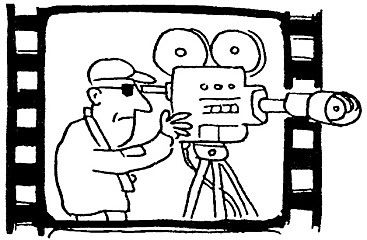The Doha peace agreement is a step in the right direction, but it does not provide an immediate solution to end the war in Congo.
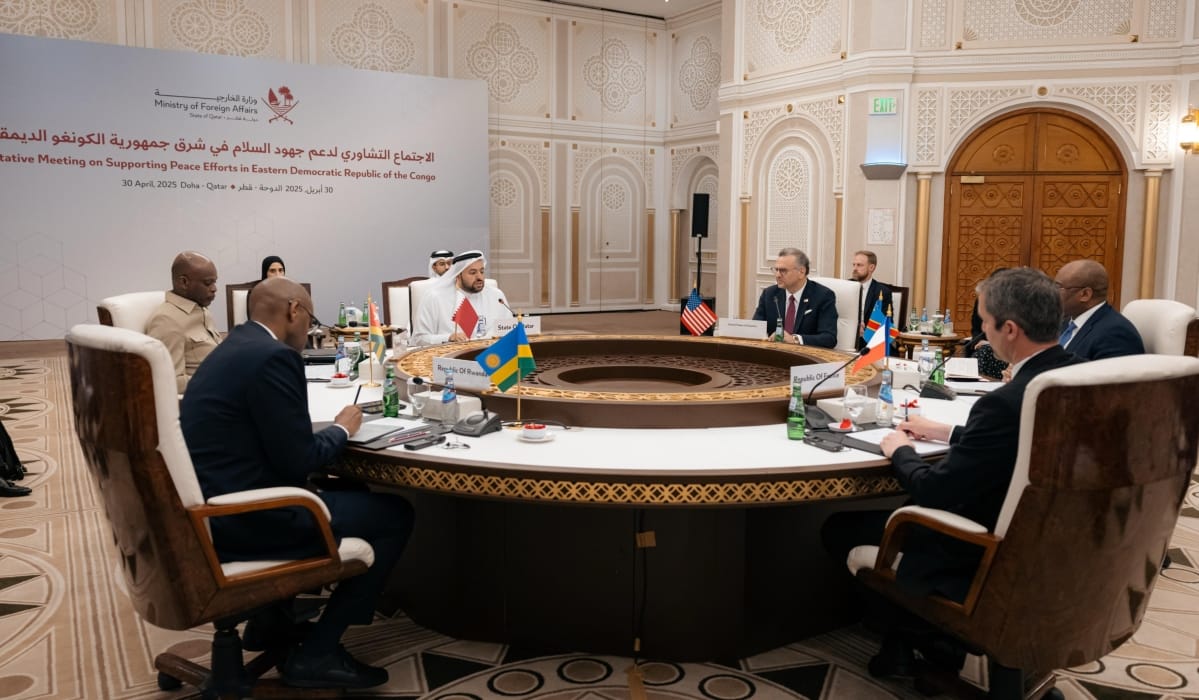
I am not the only one closely following the discussions held in Doha between the M23 rebels and the Congolese government. Yesterday, I spoke with a few observers present at the negotiations, who were highly optimistic and positive. They informed me that the agreement makes no mention of a potential withdrawal of the M23 from their liberated zones. But there is a snake hiding under the grass when it comes to the hot potato who will run the Kivus security wise and administratively. There is also no mention of the possible presence of Rwandan troops in Congo. However, the agreement I reviewed this morning clearly states that discussions will take place in the coming weeks regarding the re-establishment of central authority in the Kivu region.
This morning, Congolese propagandist Patrick Muyaya already started by stating that the M23 will withdraw from the zone. In response, Bertrand Bisimwa, a leader of the M23, emphasized that the group will never hand over control of the Kivus to Kinshasa’s central government and that they will not retreat. The agreement explicitly states that a definitive deal must be reached by the end of August. This deadline appears to be a demand from the Americans, who seem intent on pushing the protagonists toward an agreement so that President Donald Trump can claim credit for establishing lasting peace in Congo in the coming weeks.
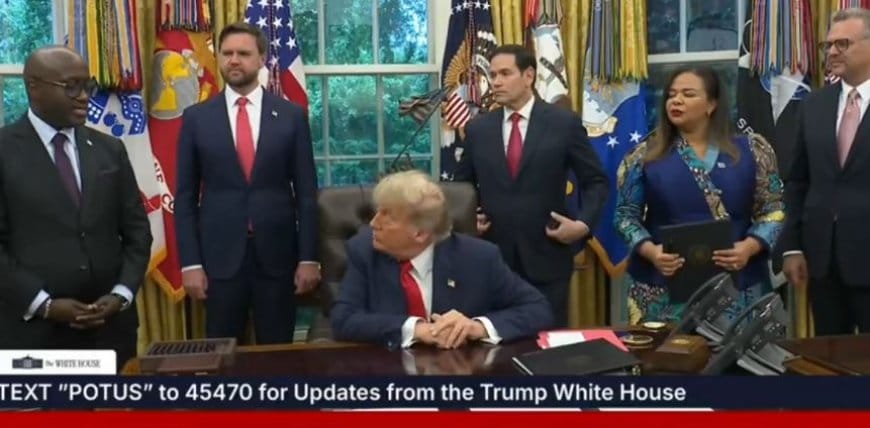
Frankly, these contradictions do not bode well
I also learned from an American source that the US has asked the M23 to be more flexible toward Kinshasa. It is already anticipated that in the next days and weeks, attacks by Wazalendo, FDLR, and FARDC forces will likely continue—"because Kinshasa does not have full control over these troops and because anything can happen deep in the Congolese jungle." They are also aware that Kinshasa will probably not halt the ongoing supply of troops and material to the region. At the negotiations table, the M23 presented Kinshasa’s delegation with photographs and evidence—clearly showing FARDC units, Burundian troops, and various militias moving into strategic locations like Shabunda, from where attacks could be launched against M23 positions. The Americans have asked the M23 not to lose their composure and to refrain from retaliating too aggressively. For the M23, this could also be an opportunity to avoid being seen as the party sabotaging the peace process. But how far can such reasoning go? Or are there behind-the-scenes guarantees not included in the formal agreement? Only time will tell.
Strategy
What also becomes increasingly clear is that the US government aims to score a victory with a Congolese peace deal, aligning with the plans of several ultra-conservative American think tanks, notably the Heritage Foundation. President Donald Trump himself admitted he is poorly informed about Congo’s situation and relies heavily on his advisor Massad Boulos, essentially following the lobbying group's directives. Their clear strategy is to ensure that Chinese influence in Congo is minimized, with the goal of exporting cobalt, copper, coltan, and other minerals primarily to the United States. They want to quickly demonstrate that Trump has achieved this, bolstering his claim to a Nobel Peace Prize.
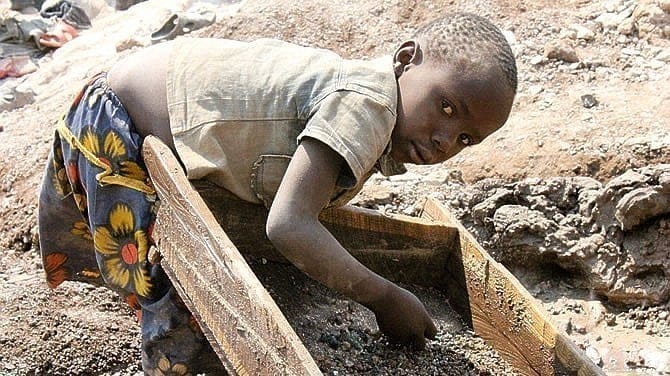
On August 8, the warring parties in Congo are expected to return to the negotiating table, with a deadline set around mid-month to finalize a detailed agreement. The climax of all this is anticipated to occur in Washington before the end of August, where Kagame and Tshisekedi are expected to sign a lasting deal, likely amid significant media attention.
Lithium
Congolese Information Minister Patrick Muyaya also claimed this morning that the M23 would withdraw and hand over governance and security in the Kivus back to Congolese authorities. However, Bertrand Bisimwa responded sharply that this would never happen. An observer in Doha suggested that the discussion might then shift toward establishing a new federalist structure in Congo, where local administrations remain largely in the hands of regional authorities, with Kinshasa playing a supervisory role. Such a proposal would need to be validated by the Congolese parliament and is unlikely to be resolved overnight. This hot potato will undoubtedly be on the agenda next month in Doha, but by then, it might be too sensitive to be casually accepted in Washington. Meanwhile, Kinshasa has also opened the door for American giants like Jeff Bezos and Bill Gates (through their company KoBold Metals) to extract lithium in the southeastern part of the country, specifically in Manono. The Americans are moving quickly—this concession has already been the subject of intense debate between Chinese and Australian investors competing for its exploitation. It is clear however that whoever torpedoes Donald Trump’s wet dream to be able to line up for the Nobel Peace Price will very likely pay the price for that dearly.
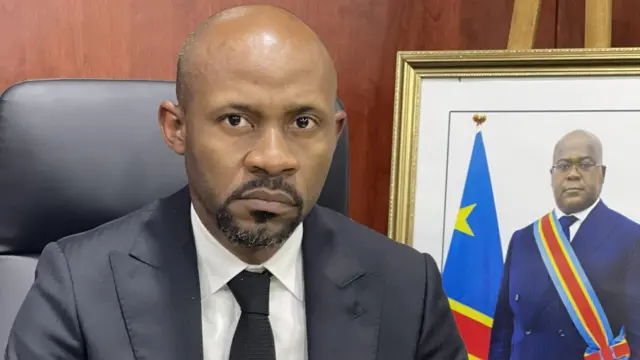
What is positive is that both parties agreed on a ceasefire, the possible release of prisoners, and the cessation of the incendiary rhetoric often heard in Kinshasa. However, overall, I expected more from this agreement. It does not address the ongoing role of Burundi nor does it clarify its own interpretation, which leaves much room for different understandings. On the plus side, this effectively recognizes the M23 as a legitimate negotiating partner. If President Tshisekedi fails to honor his commitments, he might face American pressure. Yet, nothing prevents him from running back to Beijing, where he has already moved millions of dollars into European bank accounts.
That’s where I’ll leave it. There is too much uncertainty Reading the future is not my thing without enough facts , and only time will reveal what lies ahead for Congo in the coming months and years. I remain skeptical and most probably much water will have to flow through the Congo River before true peace can be achieved in the country.
Marc Hoogsteyns, Kivu Press Agency
